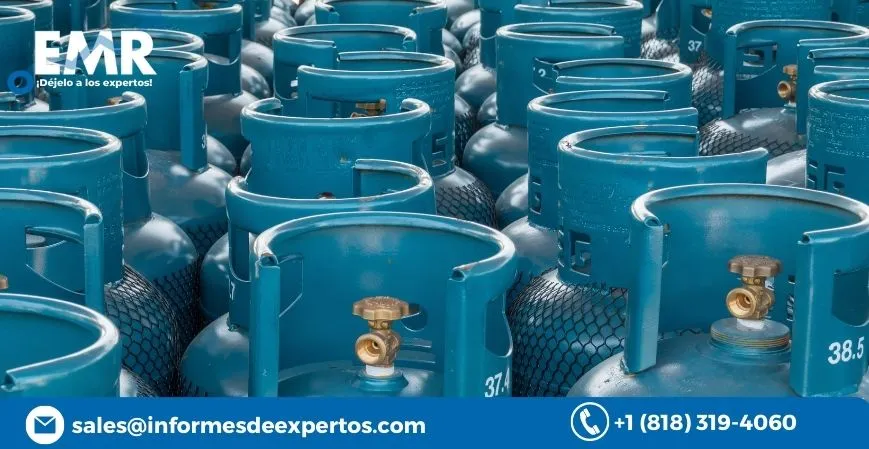Do Kerosene Additives Really Save You Money?
In an era of rising fuel costs and growing awareness around energy efficiency, homeowners and businesses using kerosene for heating or operations are becoming increasingly curious about fuel additives. Among the questions most frequently asked is: Do kerosene additives actually save you money—or are they just another clever upsell?
This article dives deep into the purpose of kerosene additives, how they work, and whether their cost translates into real-world savings for everyday users.
What Are Kerosene Additives?
Kerosene additives are specially formulated chemicals designed to enhance the performance, longevity, and efficiency of standard kerosene fuel. They’re typically introduced at the point of purchase or added manually by the user before storing or using the fuel.
These additives come in various types, each offering specific benefits:
- Combustion enhancers – Improve the burning quality for more complete and efficient fuel use.
- Anti-waxing agents – Prevent the fuel from thickening in freezing conditions.
- Corrosion protectants – Safeguard storage tanks, burners, and fuel lines from internal rust.
- Cleaning agents – Help remove existing carbon or soot buildup within heating systems.
- Stabilisers – Preserve fuel quality during long-term storage.
While their functions are technical, their goal is simple: to maximise the value of every litre of kerosene.
How Kerosene Additives Can Save You Money
1. Better Fuel Economy
One of the most common claims made by additive manufacturers is improved fuel economy. Combustion improvers help kerosene burn more completely, extracting more heat from the same volume of fuel. That means your boiler or heater doesn’t have to work as hard—or consume as much fuel—to reach the same indoor temperature.
Over the course of a cold season, a slight improvement in fuel burn efficiency can lead to significant savings. Even a 5% gain in performance could reduce annual consumption by tens or hundreds of litres, depending on your usage.
2. Lower System Maintenance Costs
Dirty fuel lines and clogged burners often lead to poor combustion, high energy bills, and frequent system failures. Additives with detergents help keep your heating system clean by breaking down carbon and preventing soot deposits from accumulating.
Additionally, corrosion inhibitors protect your equipment from rust and internal damage. This preventive care can reduce the frequency of service calls and extend the lifespan of key components—saving you money on repairs, parts, and even premature replacements.
3. Winter Weather Protection
In the UK, especially in rural and northern regions, temperatures can fall well below freezing. Kerosene tends to gel or “wax up” when exposed to cold conditions, making it difficult to pump through narrow lines and filters.
Anti-waxing additives lower the freezing point of the fuel, ensuring smooth flow and uninterrupted heating even during frosty spells. Preventing a frozen fuel line or stalled heating system during a cold snap can save you not only repair costs but also the hassle—and expense—of emergency heating alternatives.
4. Longer Shelf Life for Stored Fuel
If you store kerosene for extended periods, especially in outdoor tanks, degradation is a concern. Over time, fuel can oxidise or form sediments, reducing efficiency and causing blockages.
Stabilisers in kerosene additives help maintain the chemical integrity of stored fuel, ensuring it performs reliably even months after purchase. For farmers, contractors, or anyone buying in bulk, this adds genuine financial value by avoiding spoilage or waste.
Are the Savings Worth the Cost?
Let’s talk numbers.
A typical 1-litre bottle of kerosene additive costs between £10 and £15 and can treat between 500 to 1,000 litres of fuel. That adds roughly 1 to 2 pence to the cost of each treated litre.
On the other side of the equation, the potential savings—through improved efficiency, reduced maintenance, and better reliability—can far exceed that. For a household using 2,000 litres of kerosene annually, even a modest 5% fuel saving equates to 100 litres saved. At 80p per litre, that’s an £80 saving—significantly more than the cost of the additive.
Add to this any maintenance costs you avoid—boiler cleaning, emergency engineer visits, or component replacements—and the case for using kerosene additives becomes even more compelling.
Not All Additives Are Equal
It’s worth noting, though, that not all additives deliver the same results. Cheap or poorly formulated products might offer little to no benefit. In some cases, overuse or incompatible additives can even cause issues, especially in sensitive or older heating systems.
For best results, opt for well-reviewed additives from reputable fuel suppliers. If you’re unsure which product suits your system, seek advice from your heating engineer or your kerosene provider. A tailored recommendation is better than a one-size-fits-all approach.
When Might Additives Not Be Necessary?
If you live in a relatively warm region, have a new and efficient heating system, and consume fuel quickly without long-term storage, the benefits of additives may be minimal. In these scenarios, kerosene may perform well enough on its own without additional enhancement.
That said, for most rural households, farms, and industrial users in the UK, additives provide a reliable, low-cost insurance policy against winter disruption, system wear, and wasted fuel.
Summary: Are Kerosene Additives Worth It?
Yes—when used correctly and in the right circumstances, kerosene additives can definitely save you money.
From improving combustion and lowering fuel consumption to reducing system breakdowns and preserving stored fuel, the benefits are tangible. While there is an upfront cost, the long-term savings and improved heating reliability make it a worthwhile investment for most kerosene users.
As with any product, quality matters. Choose trusted brands, follow usage instructions carefully, and consult with professionals to get the most out of your additive and heating system.













